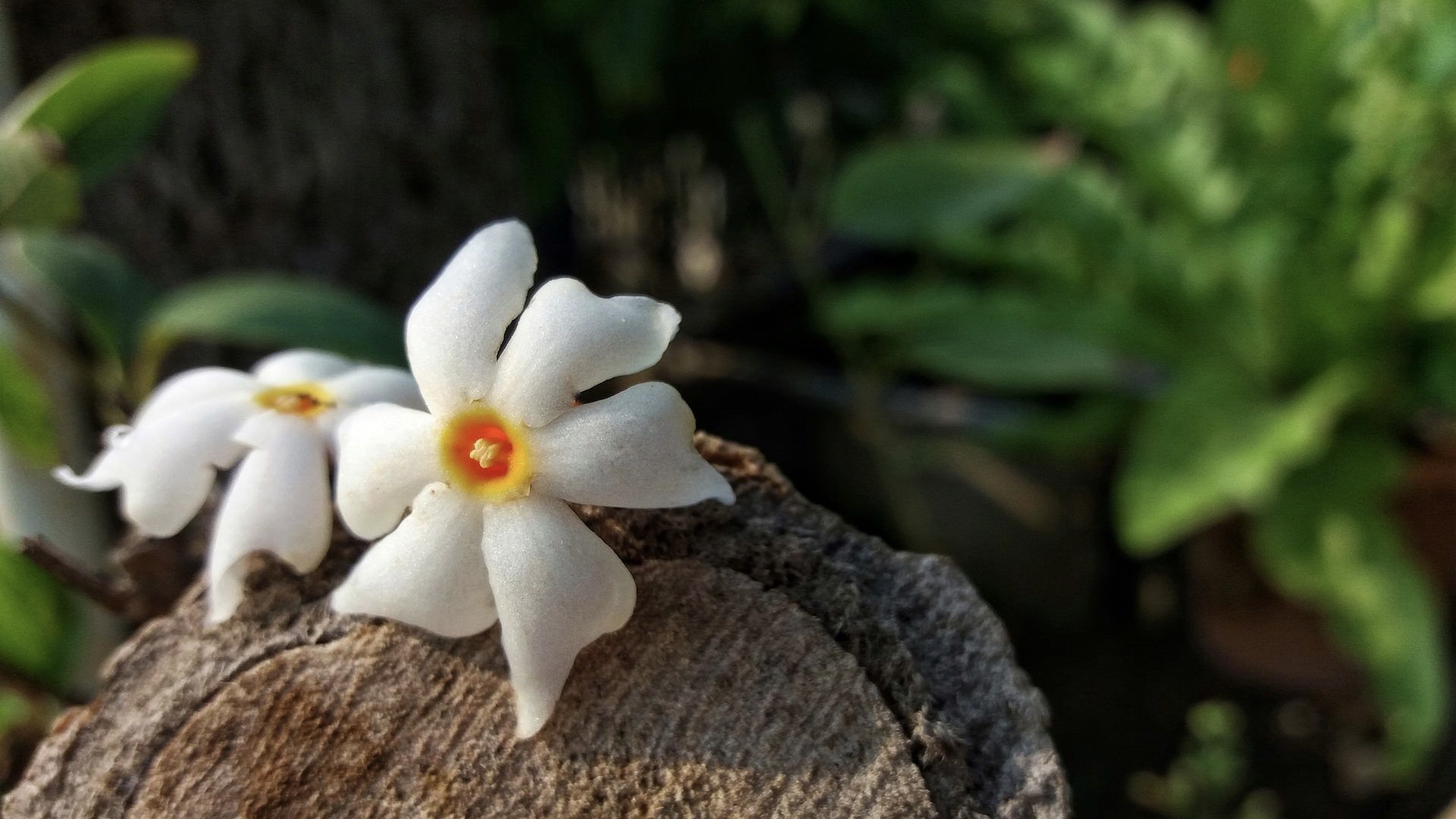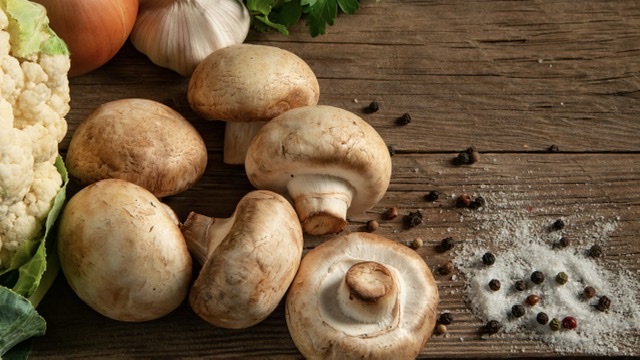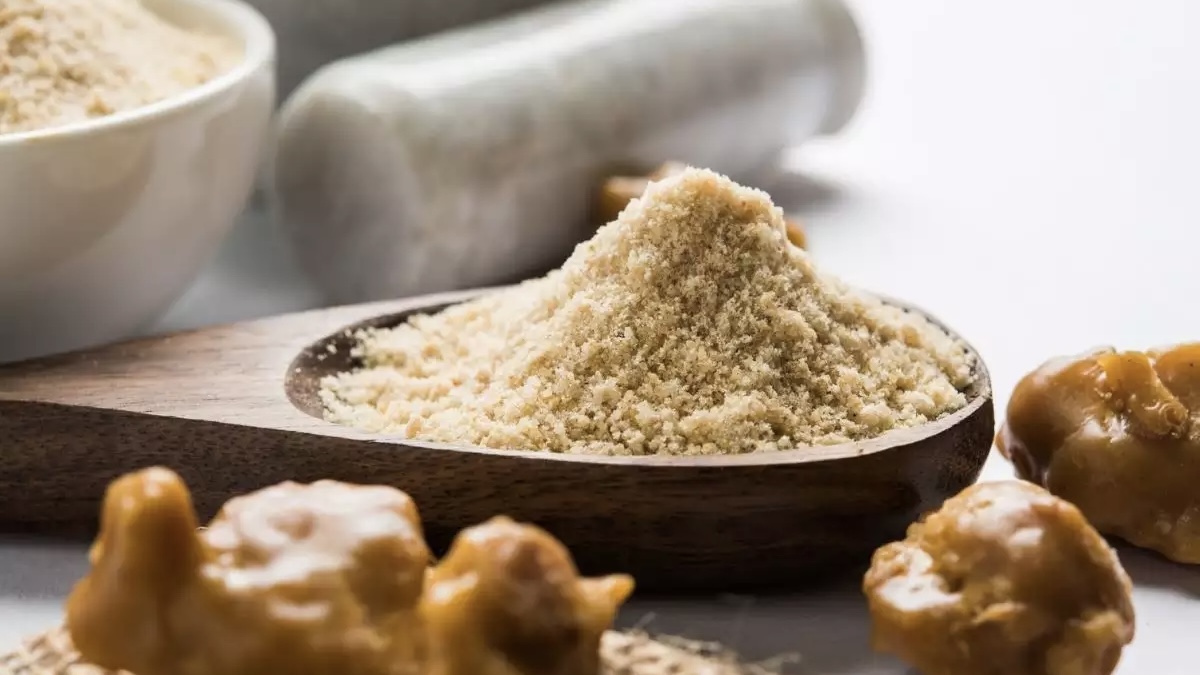Nature holds in its fold, some of the deepest and breath takingmysteries, parijat or night jasmine is one such mystery. The beautiful flower that blooms at night and sheds from the branches at the first ray of light, is also called the “tree of sorrow”, because the flowers lose their brightness during daytime. Parijat flowers have four to eight petals arranged above a vibrant orange tube in a pinwheel pattern. As they bloom, they enrich the surrounding areas with their intensely sweet floral aroma.
There are a number of legends associated with this tree. According to Bhagavata Purana, Parijat blossomed atop Mount Meru as a result the churning of celestial ocean. It was claimed by Lord Indra as soon as it rose to the surface and emitted its fragrance. Lord Krishna later took the tree from Lord Indra upon insistence from his wife Satyabhama. It is said that while Krishna planted the tree in the courtyard of Queen Satyabhama, he ensured the flowers dropped in the courtyard of Queen Rukmini. Hence the flowers of this tree never fall near the tree till date.
ONE TREE, MANY USES
Ayurvedic medications use the parijat essential oil to help get relief from pain, irritation and swelling associated with health conditions like arthritis, stress, muscle tension, rheumatism and sore muscles. It can be used to relieve menstrual pains, headaches, sciatica, and joint aches.
The leaves of the parijat flower are often used to treat malarial fever and is used as a natural remedy for fevers that cause nausea, diarrhoea and rising body temperature caused due to bile maladies. The juice of the leaves is bitter and saline in taste and provides effective relief in the treatment fever including common cough and cold. According to a recent study, curing the effects of bacteria like a Staph infection, E. coli, Pseudomonas aeruginosa, and fungus (Aspergillus Niger) are some of the benefits of parijat oil. In the treatment of skin diseases and constipation, the seeds of the parijat tree are used.




